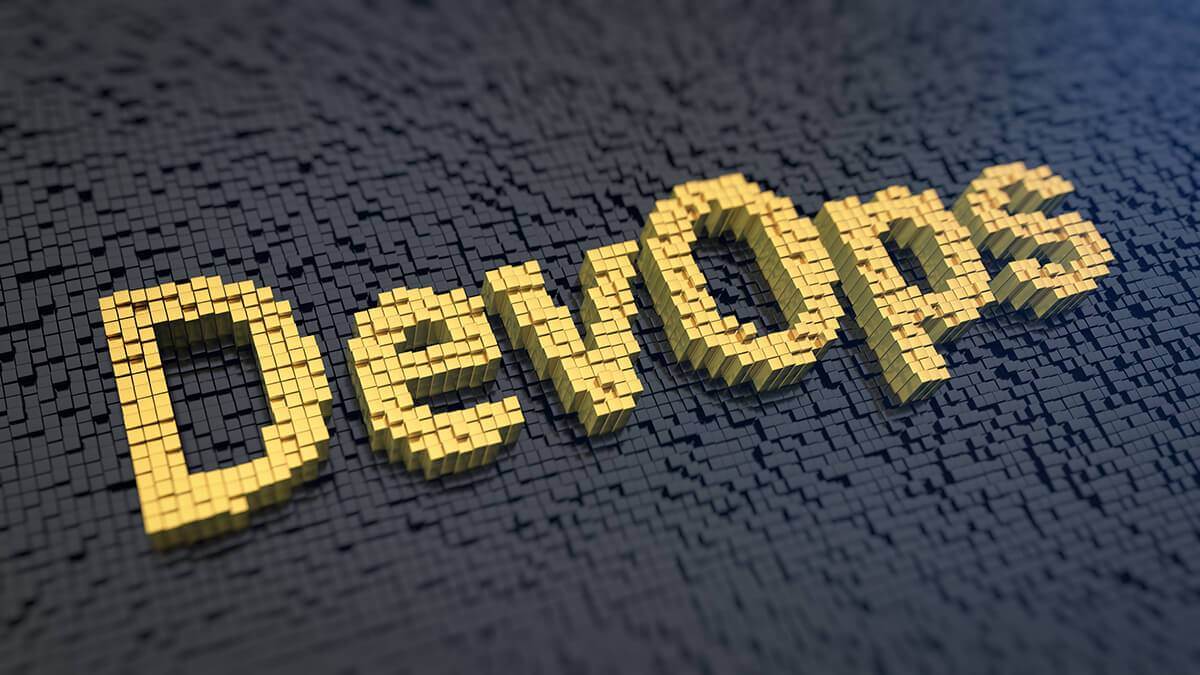Is it possible to predict the year ahead for DevOps?
Predicting the future – especially trends in the technology market – is a tough thing to do right, even for the most experienced of analysts. For every guess or prediction that turns out accurate, there are likely one or two comparable guesses that fall short of their mark.
The market is evolving, and that means professionals need to stay on top of their game to be relevant. But it also means the technologies in use are constantly getting better. Take big data analytics and machine learning, for example. It wasn’t long ago that everyone was concerned about this technology in regards to functionality and reliability, now look at us – it’s disrupting industries from retail to manufacturing. The same can be said of virtual and augmented reality, predictive analytics, automation, and much more.
What about DevOps, though? The year ahead can actually be laid out because many of the trends set to rise are already implemented or starting to be.
What trends and strategies are going to take hold in 2018? What processes and tools will you need to become familiar with if you aren’t already? What do DevOps engineers absolutely need to know?
1. Shifting Left Will Be a Priority
The tools, solutions, and software that DevOps rely on tend to shift left, but that will become even more prevalent over the coming year. Common tasks like making regular and automatic backups, system deployment, performance monitoring, and automated alerts are nothing new. As more teams explore the possibility of implementing automated testing, they’ll come to realize its many benefits, namely when it comes to catching problems early in the development cycle. This can help reduce costs and ballooning budgets from scope creep.
Activities that are normally carried out manually, at least with traditional development, will soon be shifted to the left of the pipeline or closer to the beginning of the process. Performance efficiency and disaster recovery can also be improved through this change.
2. Improving the Accuracy of Reporting Metrics
More organizations will begin to incorporate DevOps into their normal processes – if they haven’t already. Also, newcomers will want to ensure their systems are making a difference; are they worth the investment? This will call for the collection, organization, and analyzation of metrics and human-centered data.
Since big data and machine learning technologies are taking a step forward at the same time as DevOps, they will be crucial to a successful process and implementation. Predictive analytics and automated configurations will become the norm. Naturally, data analytics and data collection go right along with this.
3. Higher Stakes Mean Hardened Security
As tech ramps up or grows in popularity, security isn’t a major concern. It’s not that it’s not important – it is. In the early days, though, the workloads, content, and data being handled aren’t what you would call invaluable. Security then becomes something of a side mission, not a critical one.
Over time, the stakes increase, and the facilitation of data, tools, and information becomes critical, but also more dangerous. That is, without the proper security, losing access to said content can be incredibly damaging. This is when you start to see security become a higher priority, just as it will be for the next year in DevOps.
DevSecOps, as it’s more often referred to, will be used to combat and seal up vulnerabilities, facilitate and deploy preventative measures, and much more. This is only augmented more by the rise of automation and automated testing. DevOps teams must be better at plugging holes and building more robust applications with fewer susceptibilities.
4. The Rise of Culture
A major concern of large teams and organizations is seamless integration amongst teams and groups. Without some form of organizational silo or process, collaboration won’t just be difficult; it may become stagnant.
To combat this issue, a culture will be the key differentiator, especially for DevOps. It will also introduce continuous learning environments and support for everyone, driving success even higher.
5. Containers and Virtualization
Virtualization warrants the need for cloud-based services, applications, and platforms – it is essentially the backbone or foundation. Also necessary is a type of technology called a “container,” which affords easier and more reliable hosting of applications inside portable environments.
In this regard, containers can help DevOps when it comes to deploying simple updates, implementing multiple frameworks, and handling production environments – including the development, testing, and launch of said environments.
Going forward, DevOps engineers will need to become familiar with container engines, container orchestration, networking, integration with build systems, multi-service containers, and service discovery processes.
About Perficient Latin America: A leading software development outsourcing firm in Latin America, Perficient Latin America has distinguished itself by successfully solving complex engineering challenges that incorporate big data, machine learning and DevOps, among other cutting-edge practices. Through open and transparent long-term partnerships, Perficient Latin America works as an integrated partner for the client’s engineering teams by utilizing a nearshore, same time-zone service delivery model.

